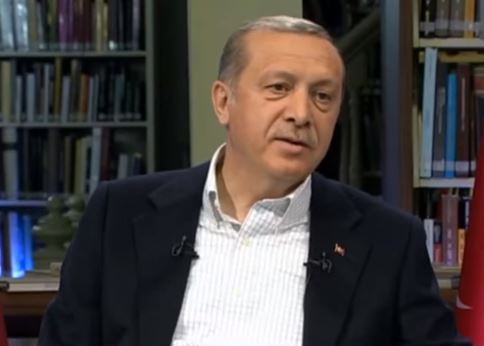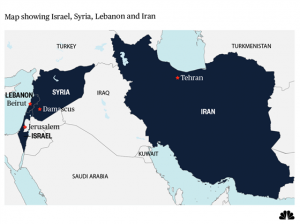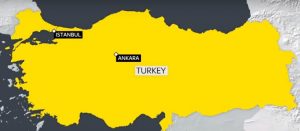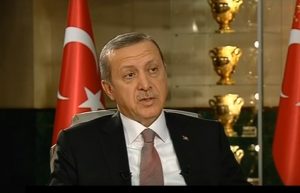
BBC: The final day of campaigning is taking place in Turkey ahead of a referendum on whether to grant sweeping new powers to the president.
President Recep Tayyip Erdogan is seeking to replace the parliamentary system with an executive presidency.
Approval could see him stay in office until 2029.
Supporters say a “yes” vote would streamline and modernise the country; opponents fear the move would lead to increasingly authoritarian rule.
The referendum could bring about the biggest change to the governing system since the modern republic was founded almost a century ago.
It also takes place under a state of emergency which was imposed following a failed coup last July. A government crackdown since then has seen tens of thousands of people arrested.
President Erdogan told supporters at one of his final rallies, in Istanbul’s Tuzla district: “The new constitution will bring stability and trust that is needed for our country to develop and grow. Turkey can leap into the future.”
Mr Erdogan assumed the presidency, a largely ceremonial position, in 2014 after more than a decade as prime minister.
The referendum on constitutional change would abolish the post of PM, allowing the president to appoint cabinet ministers and bring all state bureaucracy under his control.
The president says the new system will resemble those in France and the US and will bring calm in a time of turmoil marked by a Kurdish insurgency, Islamist militancy and conflict in neighbouring Syria that has led to a huge refugee influx.
What’s in the new constitution?
- The president would be able to directly appoint top public officials, including ministers
- He would also be able to assign one or several vice-presidents
- The job of prime minister, currently held by Binali Yildirim, would be scrapped
- The president would have power to intervene in the judiciary, which Mr Erdogan has accused of being influenced by Fethullah Gulen, the Pennsylvania-based preacher he blames for the July 2016 coup against him
- The president would decide whether or not impose a state of emergency
Critics fear the change would put too much power in the president’s grasp, amounting to one-man rule, without the checks and balances of other presidential systems.
They say his ability to retain ties to a political party – Mr Erdogan could resume leadership of the AK Party (AKP) he co-founded – would end any chance of presidential impartiality.
Kemal Kilicdaroglu, leader of the main opposition Republican People’s Party (CHP), told a rally in Ankara that a “yes” vote would endanger the whole country.
“We will put 80 million people on to a bus… we don’t know where it is headed. We are putting 80 million on a bus with no brakes,” he said.
The referendum has a simple “yes” or “no” choice on whether to endorse parliament’s approval of a new draft constitution.
The draft states that the next presidential and parliamentary elections will be held on November 3, 2019.
The president would have a five-year tenure, for a maximum of two terms.
Campaigning on the referendum will continue until 18:00 (15:00 GMT) on Saturday, with voting getting under way in the country’s east at 07:00 (0400 GMT) on Sunday and an hour later elsewhere.
Some 55 million people are eligible to vote across 167,000 polling stations.
Results are expected late on Sunday evening.




